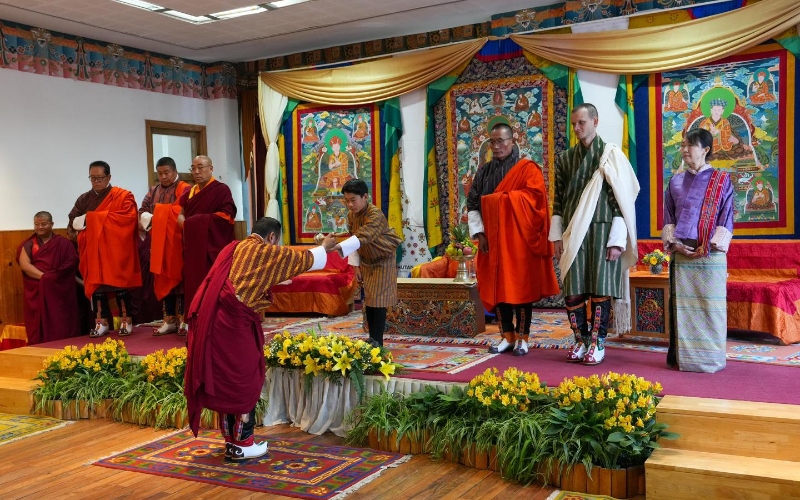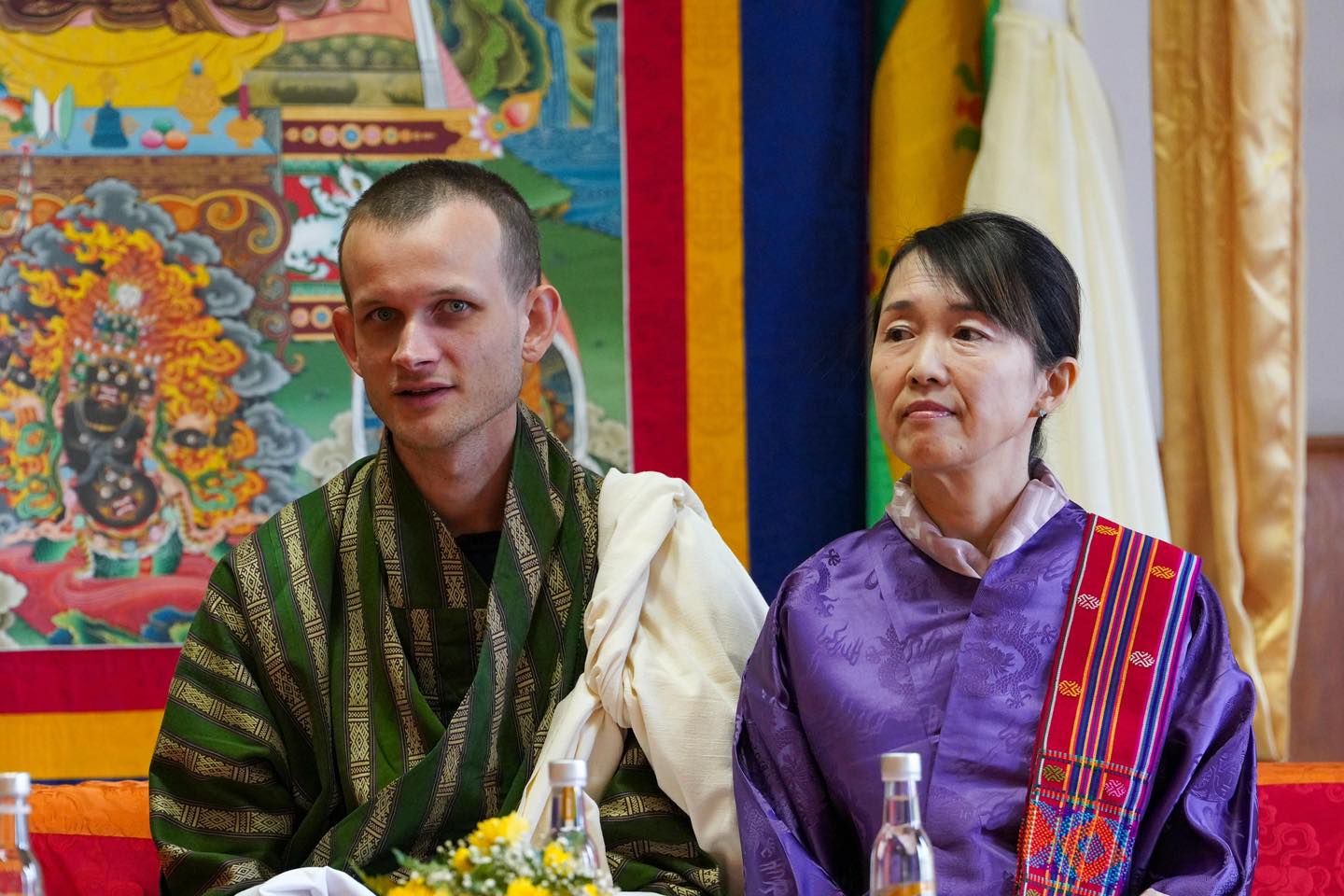Bhutan Makes History as the World’s First Nation to Launch a National Digital ID on Ethereum
Bhutan becomes the first country in the world to anchor its National Digital Identity (NDI) system on the Ethereum blockchain. The historic milestone, graced by His Royal Highness The Gyalsey, marks a new era of digital sovereignty and secure, self-sovereign identity for Bhutanese citizens.

On 13th October, Bhutan has reached another historic milestone in its digital journey. The Kingdom has officially integrated its National Digital Identity (NDI) platform with the Ethereum blockchain. The announcement event, graced by His Royal Highness Prince Jigme Namgyel Wangchuck, marks a significant leap forward in Bhutan’s pursuit of digital sovereignty.
The NDI was first launched in October 2023 by His Royal Highness, who also became Bhutan’s first digital citizen. With this initiative, Bhutan became the world’s first nation to implement self-sovereign identity at a national level, a move that placed the country at the forefront of digital innovation and trust.

A Royal Event Witnessing a Global Partnership
Today’s ceremony brought together key figures including Prime Minister Lyonchen Tshering Tobgay, Secretary of GovTech Jigme Tenzing, Chairperson of Druk Holding and Investments, Ethereum Co-Founder Vitalik Buterin, and Ethereum Foundation President Aya Miyaguchi.
The collaboration signifies Bhutan’s migration of its national ID system from Polygon to Ethereum, enabling nearly 800,000 Bhutanese citizens to verify their identities and securely access public services.
“It’s deeply inspiring to see a nation commit to empowering its citizens with self-sovereign identity,” shared Aya Miyaguchi on X, highlighting the Ethereum integration as a world-first achievement.

From Polygon to Ethereum: Strengthening Security and Trust
Bhutan’s NDI project has been evolving rapidly. Initially built on Hyperledger Indy, it transitioned to Polygon in August 2024, and now, the system is being migrated to Ethereum to enhance decentralisation and security.
Jigme Tenzing, Secretary of the GovTech Agency, stated that the government is “further strengthening” the digital ID system by moving to Ethereum. “By moving to Ethereum, we are further strengthening the security of our digital identity,” he emphasised.
The integration with Ethereum has already been completed, and the full migration of all digital credentials is expected by the first quarter of 2026.
Bhutan Leads the World in Blockchain Governance
Bhutan’s transition to Ethereum makes it the first nation to anchor its national digital identity system on the Ethereum blockchain. “When I first visited Bhutan in May 2024, I felt a strong resonance between Bhutan and Ethereum: both believe that visions for the future must be grounded in strong foundational values,” said Aya Miyaguchi. “This milestone marks not only a national achievement but a global step toward a more open and secure digital future for the long term.”
The move reinforces Bhutan’s reputation as a global pioneer in digital governance, especially with its integration of blockchain technology in public infrastructure. The immutable, transparent, and privacy-preserving features of Ethereum — particularly when enhanced by zero-knowledge proofs — make it an ideal platform for national digital identity systems.
Bhutan’s Quiet Rise in the Global Crypto Sphere
Beyond digital identity, Bhutan has steadily established itself as a leader in the crypto space. Known for measuring progress through Gross National Happiness rather than GDP, Bhutan has adopted blockchain technology in harmony with its national values.
The country has been mining Bitcoin using renewable hydropower and is currently among the world’s top Bitcoin-holding nations. According to BitBo’s Bitcoin Treasuries data, Bhutan holds approximately 11,286 Bitcoin worth $1.31 billion — ranking behind the US, China, the UK, and Ukraine.
Bhutan’s growing presence in the digital asset sphere continues to draw global attention, following its earlier adoption of Binance Pay for seamless crypto transactions across select merchants and tourism services.
A Future Anchored in Values and Innovation
As Bhutan completes its migration to Ethereum, it stands as a remarkable example of how a small Himalayan kingdom can lead global conversations on trust, identity, and technology.
By combining visionary leadership, cutting-edge blockchain innovation, and a deep-rooted commitment to national values, Bhutan continues to redefine what digital sovereignty means in the 21st century, not just for its citizens, but for the world.
What is Zero Knowledge Proof?
Zero-knowledge proof, often shortened as ZKP, is a clever way of proving that something is true without revealing the actual information behind it. Think of it like showing your friend that you know the password to your email account without ever telling them what the password is. In the context of Bhutan’s National Digital Identity, this means you could verify who you are—or prove certain details about yourself—without having to share all your personal data.
What Would it Mean for the Bhutanese?
For example, when applying for a government service or checking into a hotel, you could prove that you’re above 18, or that you’re a Bhutanese citizen, without revealing your full date of birth or CID number. This protects your privacy while still allowing institutions to trust your identity. In daily life, Bhutanese citizens might use their NDI app to access hospitals, banks, or public services with just a secure digital confirmation, making interactions faster, safer, and more private, no more photocopying ID cards or filling out endless forms.





